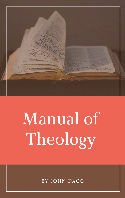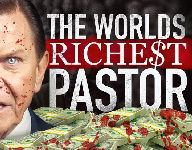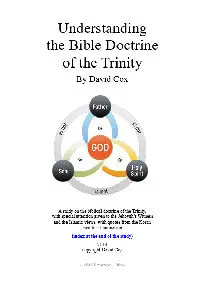A Way of Growth
by T. Austin-Sparks
First published in “A Witness and A Testimony” magazines, 1948-1949, Vol. 26-6 – 27-6.
“Christ is in heaven. We must know Him now only in a spiritual way, and no longer after the flesh. We do not know Him as men know one another on the earth. Christ can be known truly now only in a spiritual way; He is in heaven. Spiritual measure is not a matter of anything here, even for the Lord – its success, its support, its maintenance – but just how much it is answering to the full thought of God in a spiritual way. That is what counts, and that is heavenly ground. We know so well that if people are more concerned with the maintenance of something for the Lord on this earth – keeping it going, building it up, making it successful – they are in a realm of spiritual limitation, and not until they are completely lifted out of such considerations with the one question – How far is this answering to the Lord’s fully-revealed mind? – and are governed by that alone, can there be real progress and spiritual enlargement.”


 Ministerial Requirement Not Covetous
Ministerial Requirement Not Covetous

Spurgeon Sermons from Esther
Sermons from Esther from the Prince of Preachers , Charles Spurgeon
Continue reading →